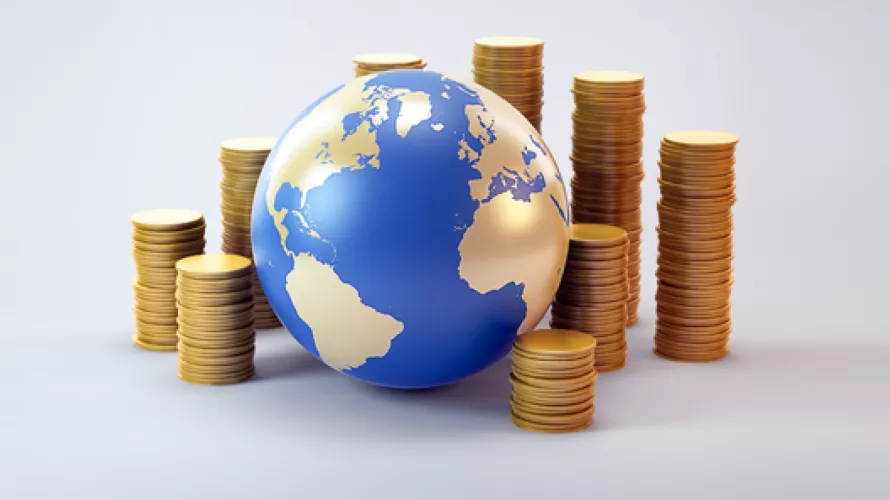
© Mopic | Fotolia

© Mopic | Fotolia
Sustainable finance or green finance is the set of financial regulations, standards, norms and products that pursue an environmental objective, and in particular to facilitate the energy transition.
This year will be key for future climate policy and especially for sustainable finance in Germany and Europe. Sustainable Finance plays a crucial role in improving climate protection and sustainable growth. To this end, Germanwatch joined forces with the Alliance for Corporate Transparency in order to push towards greater corporate responsibility and disclosure requirements to meet the EU and Paris climate targets. This article kicks off and introduces our briefing series "Full Disclosure: Monthly Briefing on EU Corporate Transparency Regulation", in which we aim to shed light on the need for and benefits of forward-looking reporting requirements in a changing EU regulatory environment.
The Paris Agreement sets out the ambitious task of aligning all financial flows with its goals to avoid the worst impacts of warming. Multilateral Development Banks (MDBs) have an important role to play in making this goal a reality.
82% of the G20’s energy supply still comes from fossil fuels, according to the 2018 Brown to Green Report, released today. In Saudi Arabia, Australia and Japan fossil fuels make up even more than 90% of the energy supply, with little or no change in recent years. The 20 major economies play a key role for achieving the Paris targets because they alone account for 80% of global greenhouse gas emissions.
In this paper, we explore the Fund’s role in the future climate finance architecture, taking into account past and current debates in international climate negotiations. The paper also seeks to inform these debates, particularly discussions related to operating modalities, safeguards, and governance of the Adaptation Fund.
The Green Climate Fund (GCF) has the ambition to become the most important multilateral instrument in climate finance. Africa has become a focus region for the GCF early on. As it is unlikely that the intended paradigm shift towards low-carbon emissions and climate-resilient economies and societies (GCF founding mandate) can be achieved without broad civil society (CS) engagement, it is essential to scale-up existing civil society capacities to advocate for ambitious proposals, bring on-the-ground expertise to the table, help embed GCF-funded activities in a broader societal support for transformation and increase accountability of national authorities.
